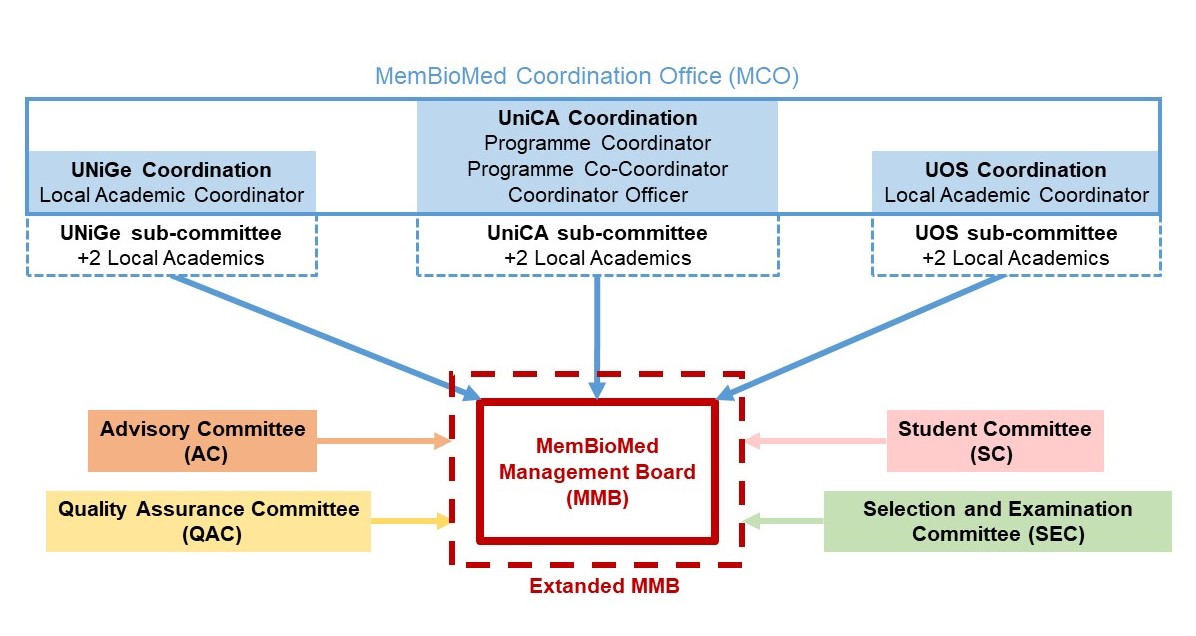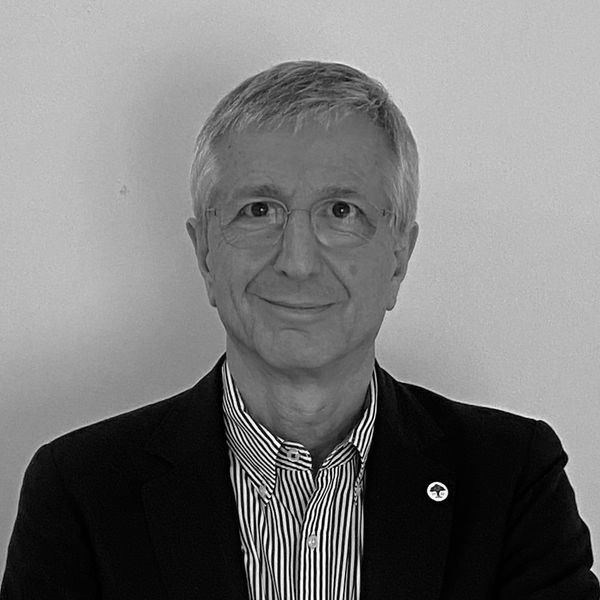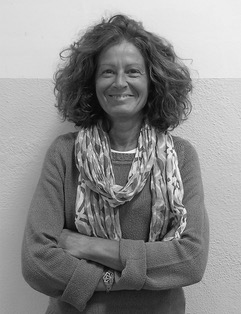MembioMed Coordination Office (MCO)

Figure 3 : MembioMed Coordination office (MCO)
The MCO is responsible for managing the internal affairs of the Programme and represents the Programme inside and outside the EU. The coordinating University, UniCA, appoints a Programme Coordinator and Co-coordinator and a Coordinator Officer. Each full partner Institution appoints a Local Academic Coordinator who will ensure the organization of teaching and the students’ facilities at their university. MCO is helped by two Local Academics that belong to their own universities forming Local sub-committees supporting Local Coordinators and the Coordinator Officer in carrying out their duties.
MemBioMed Management Board (MMB)
Extended MemBioMed Management Board (eMMB)
The others committees are:
- The Quality Assurance Committee (QAC) is responsible for monitoring and ensuring the quality and the effectiveness of the MemBioMed Programme.
- The Advisory Committee (AC) plays a role in providing guidance and external expertise to enhance the quality, relevance, and alignment of the programme with industry needs.
- The Selection and Examination Committee (SEC) shall oversee the application for the MemBioMed programme and the eligibility of applicants for the programme and Erasmus+ scholarships.
- The Student Committee (SC) plays an important role by representing the interests of students to the programme’s management and by providing a forum for students to discuss and address issues of concern.
Academic research teams
- Dynamics of lipid membranes (UniCA, IPMC)
- Lipid transport in health & diseases (UniCA, IPMC)
- Metabolism and functions of membrane lipids (UniCA, IPMC)
- Molecular physiology and pathophysiology of ion channels (UniCA, IPMC)
- Membrane transport, epithelial morphology & cancer (UniCA, IPMC)
- Ion channels and pain (UniCA, IPMC)
- Pathophysiology of voltage-gated sodium channels and neuronal excitability (UniCA, IPMC)
- Membrane transport and metabolism (UniCA, LP2M)
- Ion channel and biomineralisation (UniCA, LP2M)
- Regulation of ion channels in cancer (UniCA, IBV)
- Biology of ion channels (UniCA, IBV)
- Neuroscience and smart materials (UniGe, NSYNC-IIT)
- Laboratories of the Department of Experimental Medicine (UniGe, DIMES)
- Molecular Cell Biology Division (UOS)
- Bioanalytical Chemistry Division (UOS)
- Biophysics Division (UOS)
- Molecular Cell Biophysics Division (UOS)
- Structural Biology Division (UOS)
- Biochemistry Division (UOS)
Coordination office
Academic sub-comittee












